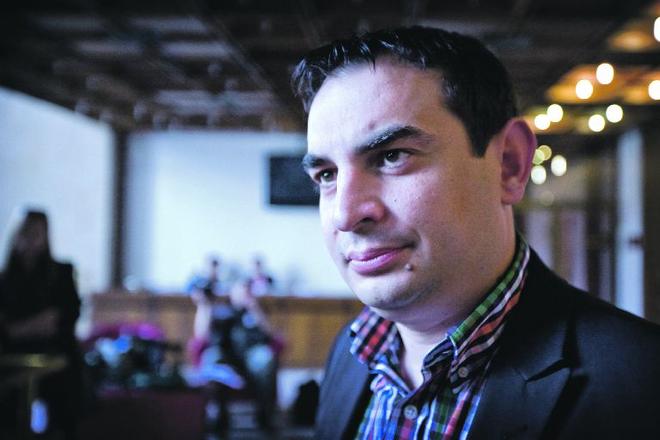Pollák is to step down in the village of Jarovnice in the district of Sabinov (Prešov Region, eastern Slovakia) where he, as government proxy, opened a prefabricated primary school and introduced a project involving Roma citizen patrols. He also wants to evaluate his performance in the post that he has occupied since October 1, 2012, the TASR newswire wrote.
Peter Pollák’s period in the government proxy post has been associated with introducing inclusive measures of Roma reform aimed at improving the living conditions of the Roma community, at increasing their feelings of responsibility and at better and more effective integration into society.
He is the sixth government proxy for the Roma communities. His predecessors in office were Vincent Danihel, Klára Orgovánová, Anita Botošová, Ľudovít Galbavý and Miroslav Pollák.
Pollák should be replaced by a Most-Híd nominee, both TASR and the Hungarian-language daily Új Szó wrote. Új Szó first broke the information and specified that the probable candidate is Ábel Ravasz, the director of the Matej Bel Institute. “A new man has to be there as quickly as possible,” Most-Híd chairman Béla Bugár told the Sme daily, without confirming Ravazs’ nomination, however.
The party’s spokesman Matej Kováč mentioned Ravasz, too, but did not say it officially.
Bugár also told Új Szó that establishing an independent institution focused on minorities is planned.
Štefan Vavrek, who ran for Most-Híd from the 18th spot of its slate in the recent election but failed to make it to parliament, was also a potential candidate, experts said, as quoted by Sme. Ladislav Oravec of the Milan Šimečka Foundation says that the most important question is not who will replace Pollák but whether the way the government shelters the human rights agenda will change.


 Peter Pollák (source: SME)
Peter Pollák (source: SME)